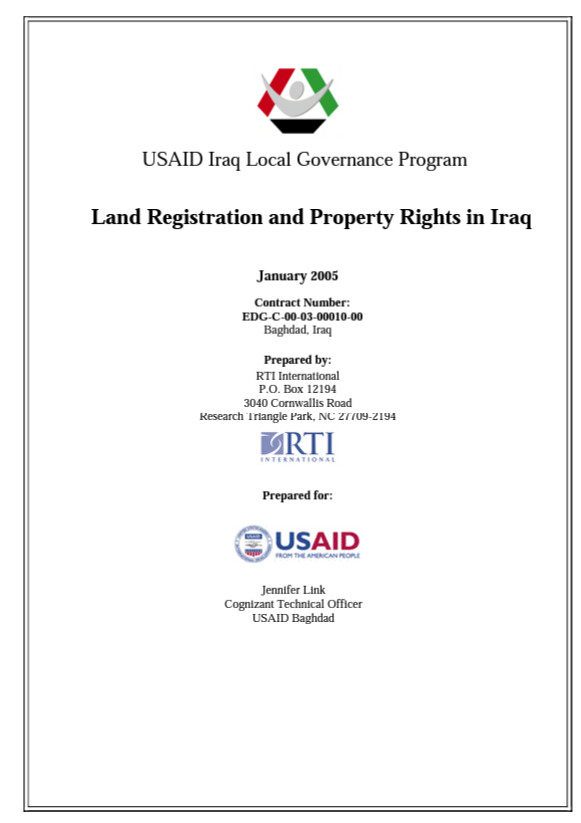Options for developmental Land Administration Systems in the context of Communal Tenure situations; & implications for Service Delivery
“Land registration and cadastral surveying in much of the developing world has reached a crossroads. It is not possible to continue with business as usual in the face of massive informality within the world's cities, and new more relevant approaches have to be developed”. (Fourie, 2000).






